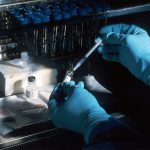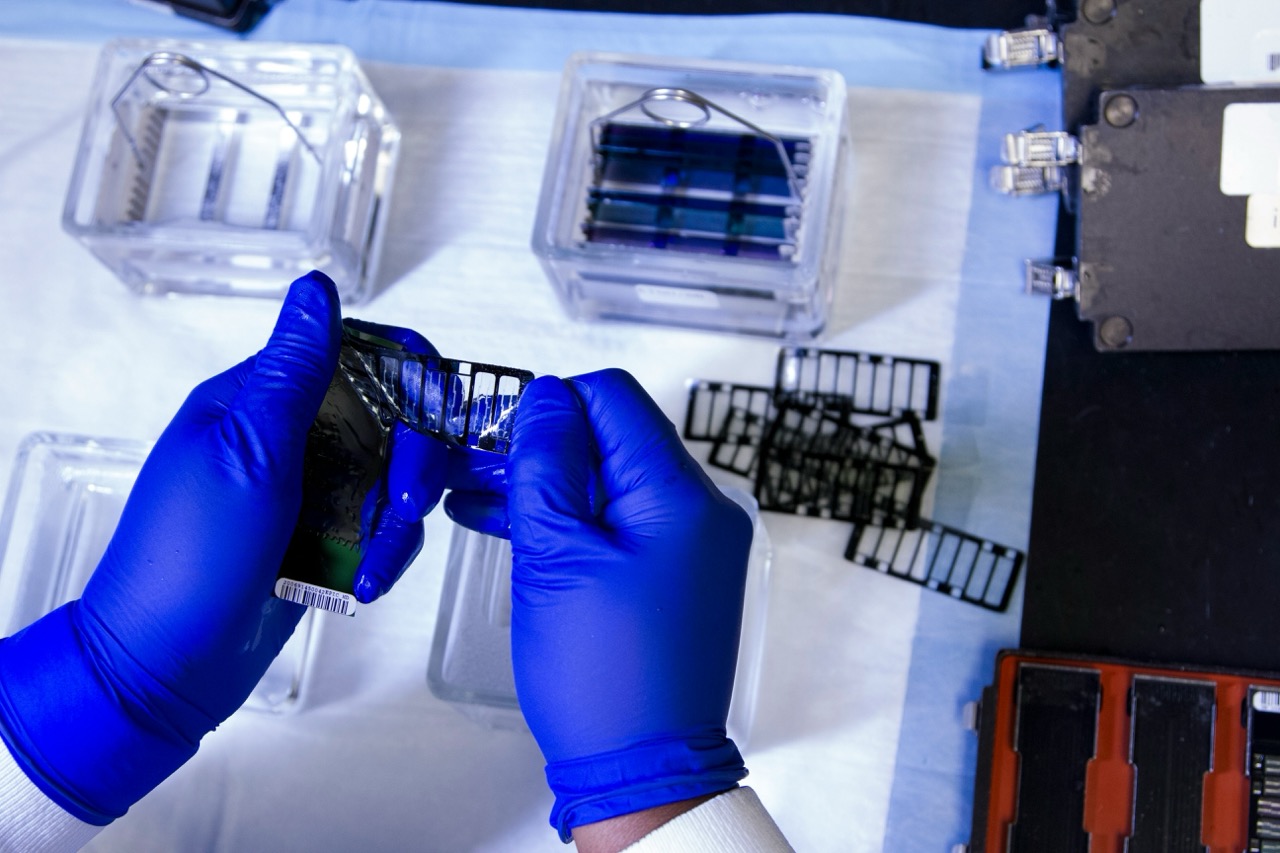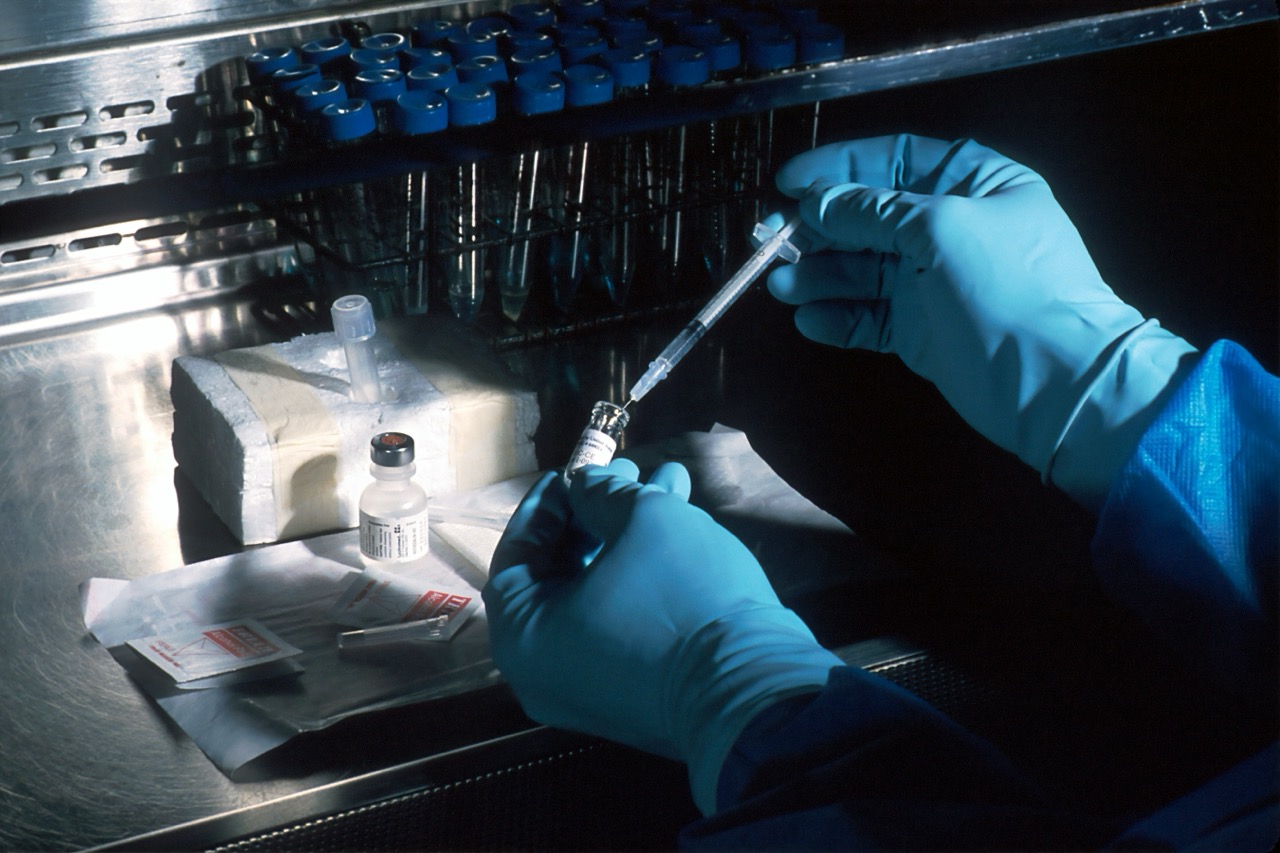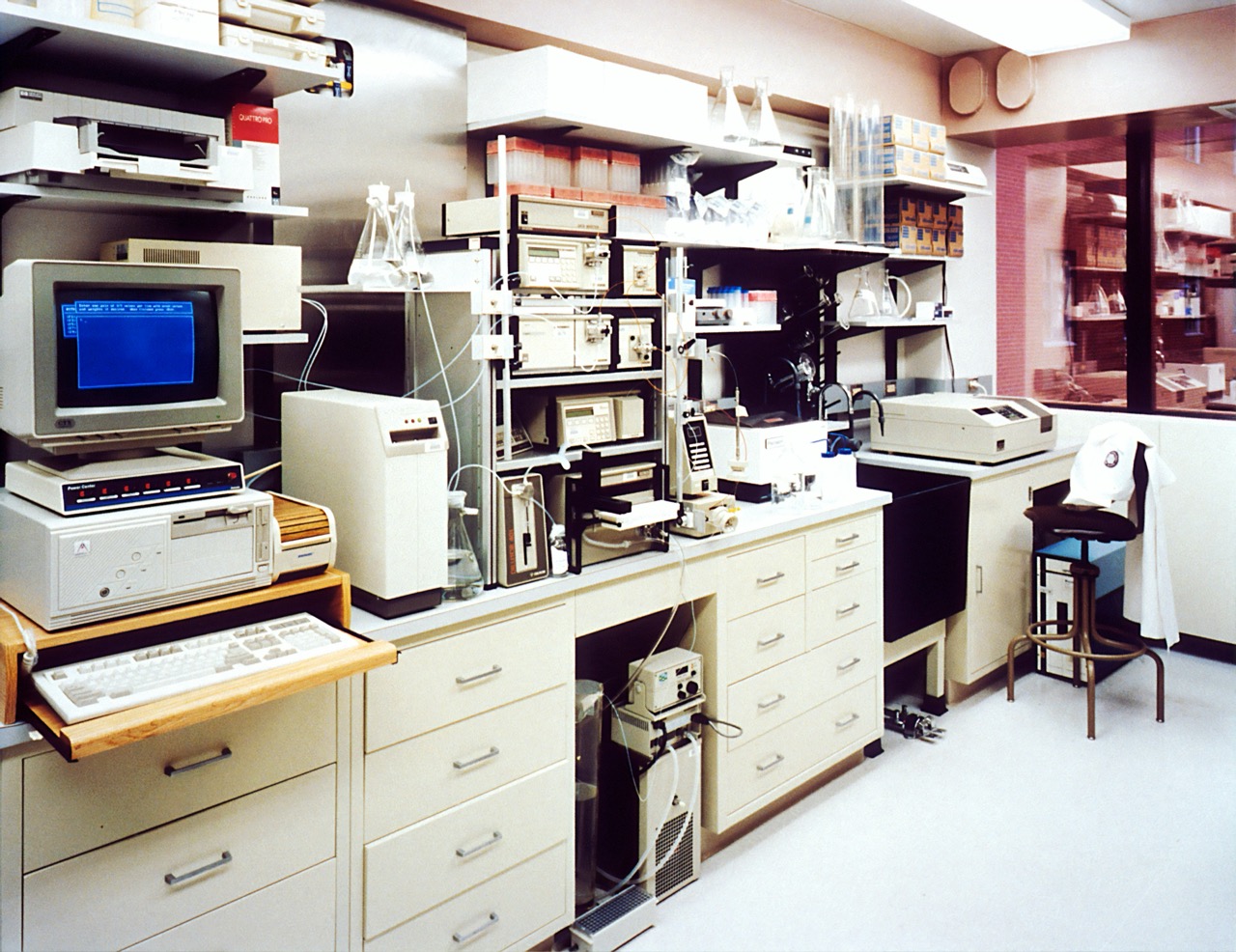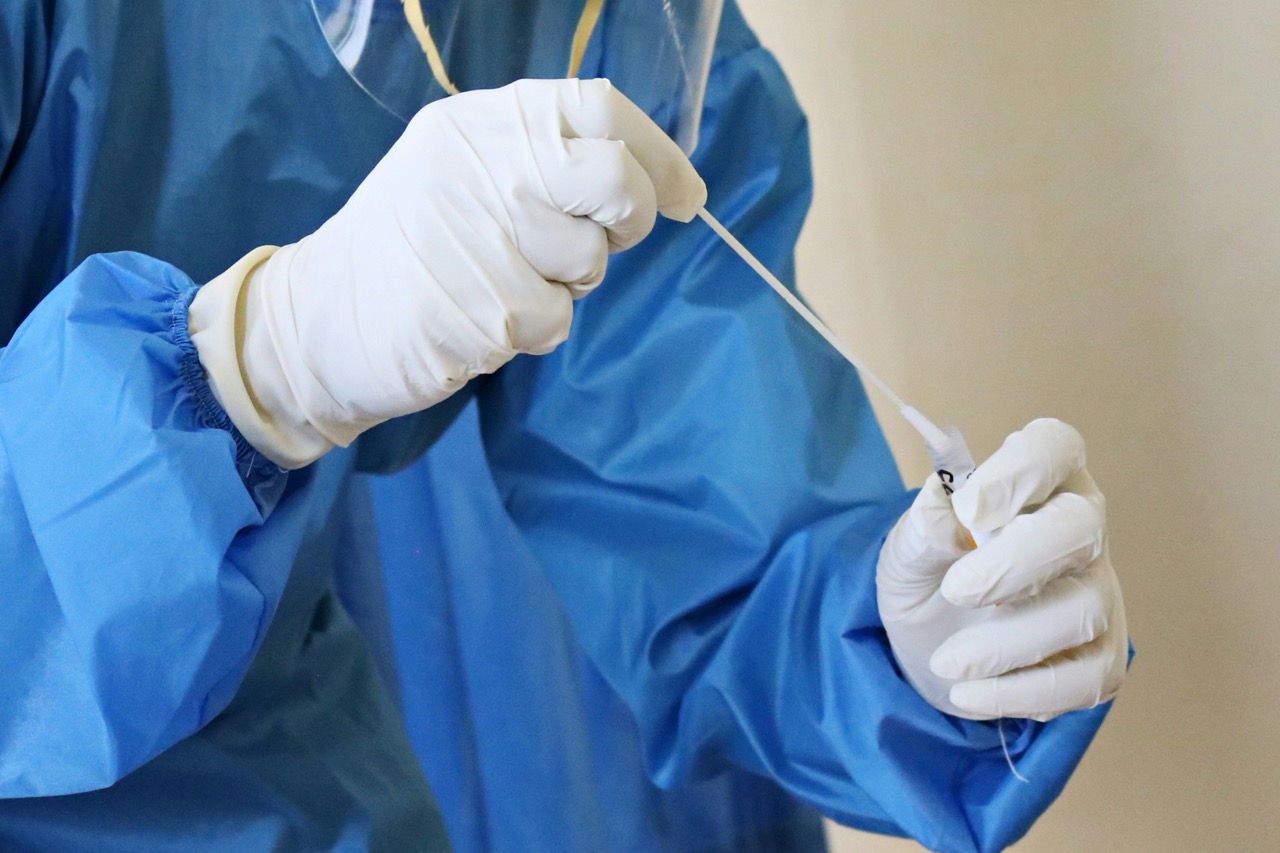Sexually transmitted diseases (STDs) have long been a public health concern, but the connection between STDs and mental health remains underexplored. Increasingly, research indicates that the burdens of STDs extend beyond physical symptoms and treatment; they can also significantly impact mental well-being. Understanding this connection is crucial for developing holistic approaches to patient care that address both physical and mental health.
The intricate relationship between STDs and mental health encompasses various factors, including the psychological toll of diagnosis, the stigma associated with these infections, and the biological pathways that may link the two. As public perceptions evolve and healthcare practices adapt, recognizing and addressing the intersection of STDs and mental health is vital for improving health outcomes and quality of life for affected individuals.
1. Introduction: Understanding STDs and Mental Health Links
STDs are infections transmitted through sexual contact, with some of the most common including chlamydia, gonorrhea, syphilis, and human immunodeficiency virus (HIV). These diseases not only pose immediate health risks but can also lead to long-term physical complications and affect reproductive health. While the medical community has focused primarily on the biological aspects of STDs, there is increasing acknowledgment of how these infections can impact mental health.
Mental health, defined as a state of emotional, psychological, and social well-being, is essential for overall health. The links between STDs and mental health can be attributed to various factors, including the emotional distress of diagnosis, the chronic nature of some STDs, and the stigma that patients often face. Recognizing these connections emphasizes the need for integrated care that addresses both the physical and psychological aspects of STDs.
2. The Prevalence of STDs in Modern Populations
The prevalence of STDs has reached alarming levels in many parts of the world, with the Centers for Disease Control and Prevention (CDC) reporting that millions of new cases occur each year in the United States alone. Risk factors contributing to this trend include increased sexual activity among younger populations, lack of access to healthcare, and insufficient knowledge about safe sex practices. These high rates of STDs create a growing need for effective prevention, treatment, and support services.
Moreover, the increasing prevalence of STDs often correlates with rising rates of mental health disorders. As more individuals are diagnosed with STDs, the potential for associated mental health challenges escalates. This dynamic creates a pressing public health issue that requires a comprehensive understanding of how STDs and mental health intersect, thereby advocating for an integrated approach to sexual health education and care.
3. Overview of Mental Health Disorders Related to STDs
Research indicates that individuals with STDs are at a higher risk of developing various mental health disorders, including anxiety and depression. The emotional burden of receiving an STD diagnosis can precipitate or exacerbate pre-existing mental health conditions. For instance, individuals may experience feelings of shame, guilt, or fear, which can lead to heightened anxiety and depressive symptoms.
In addition to anxiety and depression, other mental health disorders, such as post-traumatic stress disorder (PTSD) and substance use disorders, can also manifest in individuals living with STDs. The complex interplay between these conditions highlights the importance of mental health awareness and support in the context of STD care. By understanding the range of potential mental health issues related to STDs, healthcare providers can tailor interventions that promote both physical and psychological well-being.
4. Biological Mechanisms Linking STDs to Mental Health
The relationship between STDs and mental health is not solely psychosocial; there are also biological mechanisms at play. Chronic infections like HIV can lead to neuroinflammation, affecting brain function and contributing to mood disorders. Additionally, the physiological stress associated with managing an STD—whether through symptoms, treatments, or lifestyle changes—can impact hormonal levels and neurotransmitter balance, further influencing mental health.
Moreover, STDs can also lead to systemic inflammation, which has been linked to mental health disorders. Research has shown that inflammation in the body may affect brain function and behavior, creating a cyclical relationship where mental health issues can exacerbate physical health problems. Understanding these biological links is essential for developing comprehensive treatment plans that address the multifaceted nature of health issues related to STDs.
5. Psychological Impact of an STD Diagnosis on Patients
Receiving a diagnosis of an STD can have profound psychological effects on individuals. The initial shock may lead to a range of emotional responses, including anger, confusion, and despair. Many individuals grapple with feelings of isolation and fear regarding the implications of their diagnosis on future relationships and sexual health. These feelings can be overwhelming and may lead to avoidance behaviors, such as refraining from seeking medical care or support.
Furthermore, the psychological impact of an STD diagnosis can extend beyond immediate feelings of distress. Long-term consequences may include a decrease in self-esteem, difficulties in intimate relationships, and persistent anxiety about transmission to partners. Addressing these psychological factors is crucial for patient care, as mental health plays a significant role in treatment adherence and overall well-being.
6. The Role of Stigma in STD and Mental Health Issues
Stigma surrounding STDs significantly contributes to the mental health challenges faced by affected individuals. Societal attitudes often perpetuate feelings of shame and guilt, leading to a reluctance to seek help or disclose one’s status to partners. This stigma can create a barrier to accessing not just medical treatment but also psychological support and counseling, exacerbating feelings of isolation and distress.
The intersection of stigma and mental health is particularly concerning as it has been shown to hinder effective communication about sexual health. Individuals may avoid discussing their concerns or experiences with healthcare providers, leading to a lack of comprehensive care. To combat this, public health initiatives must focus on education and awareness to reduce stigma and promote open conversations about STDs and mental health.
7. Co-occurrence of STDs and Anxiety Disorders
Anxiety disorders are among the most common mental health issues faced by individuals with STDs. The uncertainty and fear associated with an STD diagnosis can trigger anxiety symptoms, including excessive worry, panic attacks, and social anxiety. For some individuals, the ongoing stress of managing an STD may lead to chronic anxiety, affecting their daily lives, relationships, and overall well-being.
Moreover, the co-occurrence of anxiety disorders and STDs can create a vicious cycle. Anxiety can impair judgment and decision-making, potentially leading to risky sexual behaviors, which may increase the likelihood of contracting STDs. This cycle highlights the need for integrated care that addresses both mental health and sexual health to promote healthier behaviors and improve overall outcomes for affected individuals.
8. Depression and Its Correlation with STD Diagnoses
Depression is another significant mental health concern for individuals diagnosed with STDs. The emotional turmoil that often accompanies an STD diagnosis can lead to the development or worsening of depressive symptoms, including persistent sadness, loss of interest in activities, and difficulty concentrating. The potential long-term implications of an STD can serve as a constant source of stress, making it challenging for individuals to maintain a positive outlook on life.
Research has shown that individuals with STDs are at a greater risk of experiencing depression compared to those without these infections. The interplay of biological, psychological, and social factors contributes to this correlation. Understanding the relationship between STDs and depression is critical for healthcare providers, as it underscores the importance of routine mental health assessments and interventions as part of comprehensive STD management.
9. Coping Strategies for Individuals with STDs
Coping with the emotional and psychological challenges of an STD diagnosis can be daunting. However, individuals can employ various coping strategies to manage their mental health and improve their overall well-being. Engaging in open communication with trusted friends, family members, or support groups can provide much-needed emotional support and reduce feelings of isolation.
Additionally, individuals can benefit from adopting healthy lifestyle practices, such as regular exercise, mindfulness techniques, and stress-reduction strategies. These approaches can help alleviate symptoms of anxiety and depression while promoting a sense of control and agency over one’s health. Education about the STD itself and access to mental health resources can further empower individuals to cope effectively and seek necessary help.
10. Importance of Mental Health Screening in STD Clinics
Integrating mental health screening into STD clinics is crucial for providing comprehensive care. Routine assessments can help identify individuals at risk for mental health issues, allowing healthcare providers to offer appropriate referrals and support. By addressing mental health concerns early, clinics can significantly improve health outcomes for individuals diagnosed with STDs.
Furthermore, mental health screenings can enhance patient-provider communication, making it easier for individuals to discuss their emotional experiences related to their diagnosis. This practice cultivates a supportive environment where patients feel comfortable seeking help, ultimately leading to better adherence to treatment and improved quality of life. Implementing such screenings can bridge the gap between physical and mental health care in the context of STD management.
11. Treatment Approaches: Integrating Mental Health Care
Effective treatment for individuals with STDs must encompass both medical and psychological care. Integrating mental health services within STD treatment programs can facilitate a holistic approach that addresses the multifaceted nature of these conditions. Collaborative care, where healthcare providers work together to develop comprehensive treatment plans, can significantly enhance patient outcomes.
Therapeutic interventions, such as cognitive-behavioral therapy (CBT) and counseling, can aid individuals in processing their experiences and developing effective coping strategies. Additionally, providing education about the nature of STDs and their potential impact on mental health can empower individuals to take charge of their well-being. By recognizing and addressing the psychological components of STD management, healthcare providers can improve the overall quality of care for those affected.
12. Conclusion: Addressing the Intersection of STDs and Mental Well-being
The connection between STDs and mental health is a complex and multifaceted issue that profoundly impacts individuals and public health. As we continue to understand the psychological ramifications of STD diagnoses, it is essential to prioritize integrated care approaches that address both physical and mental health needs. Reducing stigma, enhancing mental health screenings, and developing comprehensive treatment strategies are critical steps toward fostering well-being for individuals impacted by STDs.
Ultimately, addressing the intersection of STDs and mental health not only benefits individuals but also serves to improve public health outcomes. As we work to create more inclusive and supportive healthcare environments, promoting awareness, education, and access to mental health resources will be vital in ensuring that those affected by STDs receive the comprehensive care they deserve.
